5 Discovery Call Mistakes Costing You Millions (Fix These Now)
I just wrapped up an incredible masterclass with Will Aitken that completely changed how I think about discovery calls.
And I had to share this with you immediately because what we uncovered is the difference between reps who struggle to hit quota and those who become elite performers.
Here's what caught my attention:
Most sales reps are making the same five critical mistakes on every single discovery call and they don't even realize it.
These aren't small tweaks. These are fundamental flaws that are costing you deals, commissions, and credibility with prospects.
Let me break down exactly what's happening and how to fix it.
Mistake #1: Diving In Too Fast
Picture this: You hop on a Zoom call, exchange quick pleasantries, and immediately launch into your agenda and discovery questions.
The prospect feels jarred. Like they're being interrogated by a stranger.
The fix? Build genuine rapport first. But not the old-school "I see you have a nice office" nonsense.
Do your homework. Reference something specific about their business.
"I saw you just released Product X four weeks ago and noticed some incredible case studies. How's that rollout going?"
Immediately, you're showing you're not just another salesperson. You're a professional who did their research.
Mistake #2: Asking Weak, Surface Level Pain Questions
Most reps ask generic questions: "What challenges are you facing?" or "What's not working well?"
Prospects give generic answers: "We need better efficiency" or "We want to grow faster."
The fix? Use the "RIM" framework: Relevance, Impact, Motive.
Don't just identify the problem. Get specific examples:
"Tell me about a recent time when that exact issue occurred."
Then quantify the real cost:
"Because of that phishing scam, what were the ripple effects on the business?"
I've seen reps uncover $4 million losses from a single security breach using this approach. Now you're not selling a $100K solution - you're preventing million-dollar disasters.
Mistake #3: Not Quantifying the Real Cost
This is where deals die. You identify pain, but you never put a dollar amount to it.
Here's what elite reps do: They look for three types of costs:
1. Direct costs. The obvious financial impact
2. Indirect costs. Time wasted, opportunity missed
3. Opportunity costs. What else could the team be doing?
"If your team wasn't dealing with these security issues, what projects could they be working on instead?"
"If you could launch that product three months faster, what would that mean for the business?"
You want to create 10x level pain. If you're selling a $100K solution, you need to uncover at least $1 million in impact.
Mistake #4: Not Mapping Their Buying Process
You get through discovery, build pain, and then... you have no idea what happens next.
Most reps create their own process instead of understanding the prospect's process.
The key question: "Typically, when someone's looking to partner with a company like ours, who's part of that process?"
Then dig deeper:
"Besides the CEO, who else might be involved?"
"What's most important to Bob when evaluating vendors?"
"What goals or initiatives has he shared with you?"
You're not just selling to one person. You're building a strategy to win over the entire buying committee.
Mistake #5: Not Booking Solid Next Steps
This is the worst feeling on the planet. Great discovery call, good rapport, clear pain... and then it just fizzles out.
Elite reps don't just ask for "next steps." They recommend specific next steps based on what they learned:
"Based on what we discussed, here's what I recommend for next steps. Since Jane from RevOps will be involved and we want to make sure this helps with your forecasting challenges, I suggest we bring Jane into our next conversation. Then we can do a joint demo showing exactly how we solve your forecasting problem."
You're positioning yourself as the trusted advisor who knows what needs to happen.
Wrapping this puppy up.
Your discovery calls should feel more like therapy sessions than interrogations. When you nail this approach, prospects start selling themselves.
They're not being defensive. They're opening up about real problems and trusting you with sensitive information.
But here's what most people miss…
This isn't about tactics or tricks. It's about having a systematic approach that works even when you're not at your best.
When you have frameworks for every situation. Rapport building, pain discovery, objection handling, next steps. You can fall back on systems instead of hoping things go well.
The reps who implement this immediately are the ones who go from struggling to hit quota to becoming the top performers everyone wants to learn from.


Mail
Facebook
LinkedIn
X
Pinterest
Snapchat
Reddit